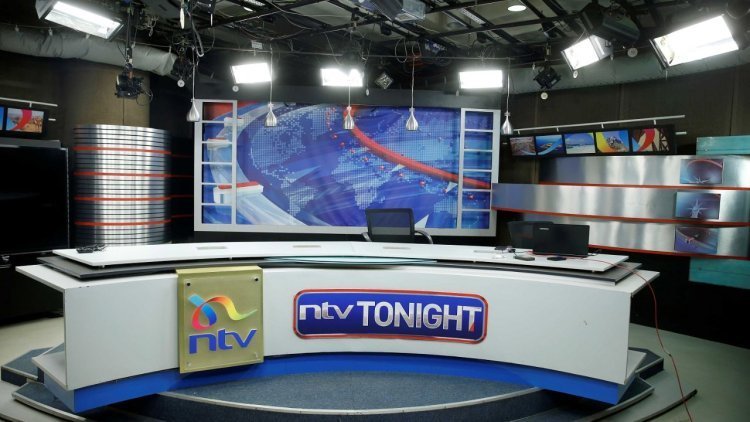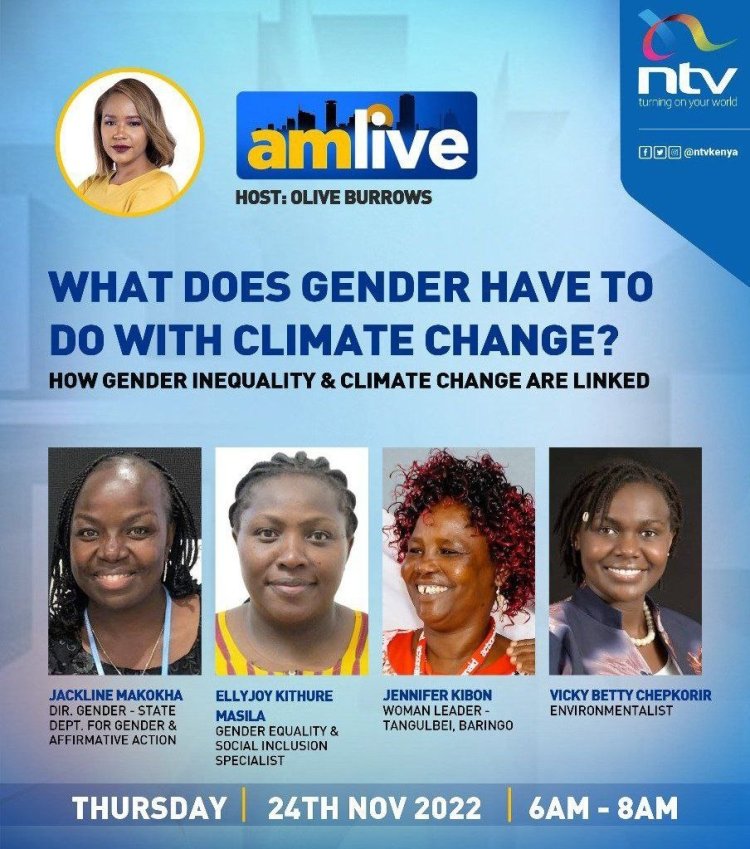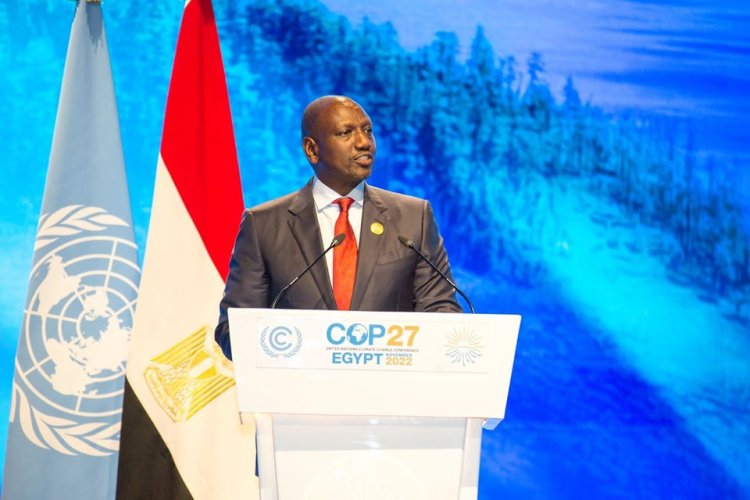NTV's Panel In Live Show Causes Global Uproar
Questions were raised regarding the panellists who were invited to contribute to the debate on live TV...

An interview on NTV on Thursday, November 24 sparked uproar across the country and around the globe given the mismatch of the panel that was constituted and the subject matter in question.
The interview was conducted by Olive Burrows on NTV's AM Live show and involved gender and climate change.
However, questions were raised regarding the panellists who were invited to contribute to the debate on live TV, who happened to be all ladies, as well as the show host.
They included Jackline Makokha - a director at the state department for gender and affirmative action, EllyJoy Kithure Masila - gender equality and social inclusion specialist, Jennifer Kibon - woman leader in Tangulbei, Baringo and Vicky Betty Chepkorir - an environmentalist.

In a version of jumping from the frying pan to the fire, the promo poster for the interview was shared by Clown World on Twitter with no captions, drawing the condemnation of Twitter users across the globe who follow the account.
In an attempt to avoid fanning the flames, Kenyans on Twitter (KOT) deflected the blame from the country to Tanzanians, further claiming that the TV station was based in Tanzania.
"This is a Kenyan TV station embarrassing themselves. Not Tanzania as many are saying. Fraud TV station that one," Korir commented.
"I am from Tanzania. SMH! Kenyans like to be at the centre of everything. This is a Tanzanian station," Shankly defended.
"At least nobody knows what country they are from, even I don't know," Peter Munyao added.
Mwinde Mwanzia argued that the presentation and the presence of the panellists themselves were a perfect definition of gender inequality.
"A gender inequality discussion where only one gender is represented,” Mwanzia said.
Viral Tea's managing editor, Marvin Chege, was of the view that gender was not an issue when setting up a panel, arguing that NTV contacted experts prior to the interview. However, he faulted the show for failing to consider gender representation.
"I think they ought to have looked at both sides of the coin since climate change is a global issue that affects all of us. I'm of the view that the interview should have been called off in case the men they should have called failed to show up at the eleventh hour.
"The TV stations and the media, in general, should seek to consider both sides of any story, and that is the same case with interviews. For this case, climate change affects both men and women, though they vary between the two genders," he says.
Gender and Climate Change
According to the United Nations Framework Convention on Climate Change (UNFCCC), women commonly face higher risks and greater burdens from the impacts of climate change in situations of poverty, and the majority of the world’s poor are women.
Their unequal participation in decision-making processes and labour markets compound inequalities and often prevent women from fully contributing to climate-related planning, policy-making and implementation.
"Yet, women can (and do) play a critical role in response to climate change due to their local knowledge of and leadership in e.g. sustainable resource management and/or leading sustainable practices at the household and community level. Women’s participation at the political level has resulted in greater responsiveness to citizens’ needs, often increasing cooperation across party and ethnic lines and delivering more sustainable peace.
"At the local level, women’s inclusion at the leadership level has led to improved outcomes of climate-related projects and policies. On the contrary, if policies or projects are implemented without women’s meaningful participation it can increase existing inequalities and decrease effectiveness," UNFCCC states.
Parties to the UNFCCC recognized the importance of involving women and men equally in UNFCCC processes and in the development and implementation of national climate policies that are gender-responsive by establishing a dedicated agenda item under the Convention addressing issues of gender and climate change and by including overarching text in the Paris Agreement.

This is a legally binding international treaty on climate change. It was adopted by 196 Parties at COP21 in Paris, France, on December 12, 2015, and entered into force on November 4, 2016.
Its goal is to limit global warming to well below two, preferably 1.5 degrees Celsius, compared to pre-industrial levels. To achieve this long-term temperature goal, countries aim to reach global peaking of greenhouse gas emissions as soon as possible to achieve a climate-neutral world by mid-century.






